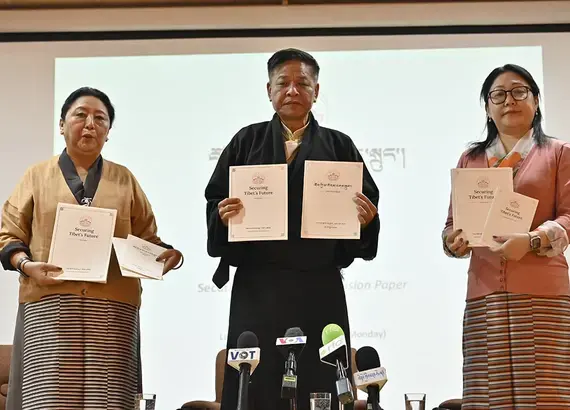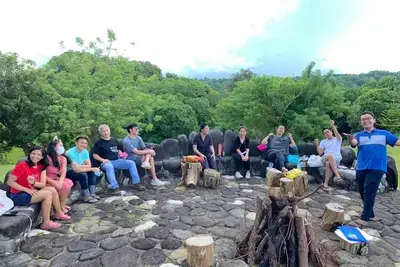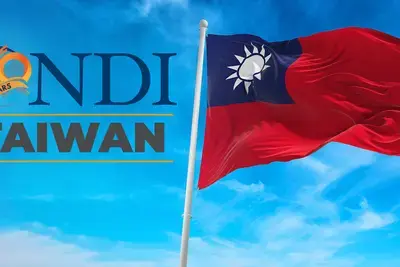
Success Story
Securing Tibet's Future: A Vision for a Community in Exile
Located 14,000 feet above sea level, Tibet has the world’s highest peak, the largest ice cap beyond the two poles and a diverse set of mountainous plants and animals. Tibet is also home to approximately six million Tibetans, all living under Chinese Communist Party rule. Just across the border in India, there is a vibrant community of 80,000 exiled Tibetans. After fleeing political persecution in Tibet in 1959, His Holiness the 14th Dalai Lama led these Tibetans to form a government-in-exile, the Central Tibetan Administration (CTA). In a small town at the foothills of the Himalayas, the CTA provides services to Tibetans-in-exile, advocates on behalf of Tibetan autonomy and human rights and preserves Tibetan religion and culture.
Over 60 years later, the CTA continues to support Tibetans worldwide, with the same commitment to this mission as when it was formed. Since His Holiness's devolution in 2011, the CTA’s political power has been in the hands of elected leaders who represent the voices of the Tibetan people, enshrining a key tenant of a robust democracy: a government for the people and by the people. The CTA is a three branch system, which includes a judiciary (Tibetan Supreme Justice Commission), legislature (Tibetan Parliament in Exile - TPiE), and executive. The Sikyong (Tibetan Political Leader and President) leads the executive for a five-year term and is responsible for developing a comprehensive vision for the government-in-exile and overseeing the executive cabinet (Kashag) and departments.
With technical assistance from NDI, through USAID’s Central Tibetan Administration Capacity Building and Sustainability Initiative (CTA-CBSI), the Sikyong embarked on a strategic planning process that culminated in the completion and release of the first vision paper for the Tibetan community-in-exile. The vision paper will play a vital role in guiding the CTA over the course of the Sikyong’s administration and will serve as an important tool for CTA officials as they continue to advocate and serve the Tibetan community. NDI supported the Sikyong throughout the development process, facilitating policy prioritization discussions and providing guidance on the communication strategy for his administration’s vision. With the launch of the vision paper, the CTA has a clear vision for the future along with a central document that strengthens accountability and transparency, and provides Tibetans with a greater understanding of the CTA.
On April 10, 2023, the 16th Kashag released the vision paper publicly with a formal address to chief representatives of the CTA that was streamed on Tibetan media networks. Titled “Vision Paper - Securing Tibet’s Future,” the document outlines the core policy priorities of the 16th Kashag and how the administration will address the ever changing challenges facing the Tibetan community. The document provides a roadmap to counter increasing restrictions on linguistic and cultural rights in Tibet and draws a clear pathway for promoting the welfare of Tibetans-in-exile. The document also provides guidance on more specific CTA initiatives, such as digitization, internal administrative capacity, youth and women engagement, and strengthening connections between Tibetan settlements and the diaspora community.
The CTA has long advocated for human rights, self-determination and the preservation of religion and culture for Tibetans. Through the vision paper, the 16th Kashag has provided Tibetans with a sense of where the CTA is headed. This will be an important tool for CTA officials as they continue advocating for and serving the Tibetan community. With NDI’s support, the CTA has the foundation to continue to build a strong, democratic government and advocate for Tibetans around the world.



